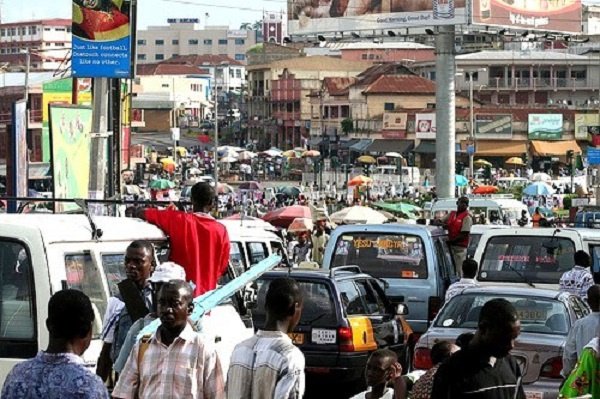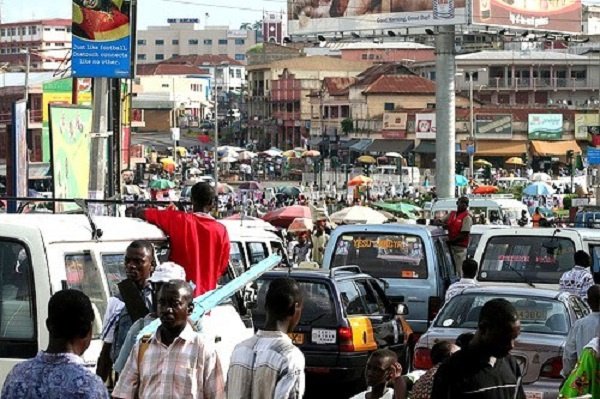To force the Ghana Police Service and other state authorities to take immediate action to enforce the country’s road traffic laws, a group of commercial transport operators from all over Ghana has threatened to go on strike nationwide on Monday, May 19, 2025.
The main focus of their agitation is Legislative Instrument (LI) 2180, which was passed in 2012 and, according to them, is still being disregarded with impunity, putting lives in danger and making the already unstable situation of urban transportation even more complicated.
The transport organizations—which include the Ghana Committed Drivers Association, Concerned Drivers Association of Ghana, True Drivers Union, and Ghana Private Road Transport Union (GPRTU)—announced in a press release that the planned industrial action would entail the complete cessation of their services and the parking of all commercial vehicles across the country.
In order to force the Ghana Police Service, the National Road Safety Authority (NRSA), and the Ghana Highway Authority to start strictly enforcing LI 2180, particularly Regulation 117, the drivers are adamant that their action is not a strike in the conventional sense but rather a mass civic demonstration.
The drivers claim that this clause, which forbids trading on pavements, roads, and pedestrian walkways, still jeopardizes their capacity to conduct business effectively and safely.
“We urge the Ghana Police Service, the National Road Safety Authority, and the Ghana Highway Authority to take necessary action to enforce the regulations.
“If by May 19, there is no visible and sustained enforcement of the law, we will be forced to ground our vehicles to draw the attention of the entire nation to this growing threat to lives and public order.”
Commercial Transport Operators
The drivers contend that the growing number of traders occupying pavements and roadsides not only makes it difficult for cars to move around and creates needless traffic jams, but it also plays a major role in accidents, many of which end in fatalities or serious injuries.

They claim that despite being continuously held accountable and punished for causing violations and collisions, not much is done to address the structural and systemic issues they deal with on a daily basis.
If the strike goes ahead, it could shut down public transit nationwide, particularly in large cities like Accra, Kumasi, Takoradi, and Tamale.
Failed Attempts
Following multiple unsuccessful attempts to draw the attention of authorities through petitions and dialogue, the groups view the strike as a “last resort.”
According to the coalition, the strike won’t be called off until the Ghana Police Service starts a visible crackdown on pavement and roadside trading in accordance with the law.

In order to guarantee long-term enforcement throughout the nation, they also called for cooperation between the police and the NRSA and Ghana Highway Authority.
The impasse highlights the more serious problems with Ghana’s traffic control and urban planning systems.
Even though LI 2180 was passed more than ten years ago, political meddling, logistical difficulties, and opposition from traders and other interest groups have made it difficult for succeeding administrations to consistently implement its provisions.
The commercial drivers, however, maintain that if Ghana is serious about lowering traffic accidents and enhancing urban transportation, then enforcing the law is unavoidable.
They also warn that should the May 19 deadline pass without action, the strike will be indefinite until their demands are met.

The transport unions are undeterred and are calling on the public to support their cause, arguing that the enforcement of Regulation 117 will ultimately serve the interests of all road users.
The statement was signed by key leaders of the various associations, including Samuel Amoah (GPRTU), Paa Willie and David Agboado (Concerned Drivers Association), Asonaba Nana Wiredu (Deputy Secretary, Concerned Drivers Association), Charles Danso (Ghana Committed Drivers Association), and Yaw Barimah (True Drivers Union).
READ ALSO: GRA Denies Expanding SML Mandate to Petroleum and Mineral Sectors

















